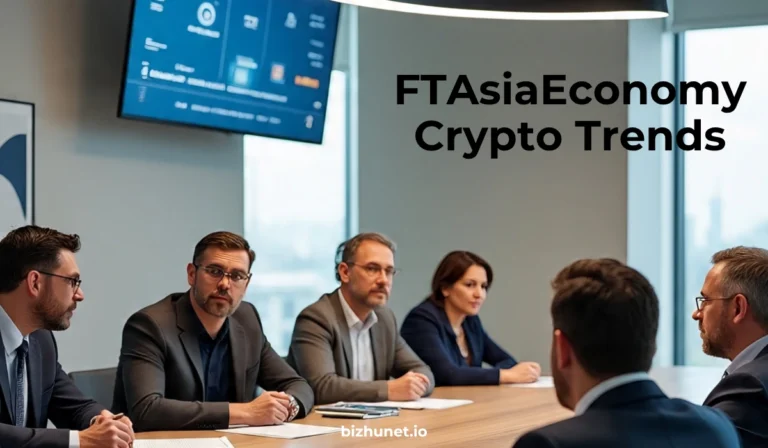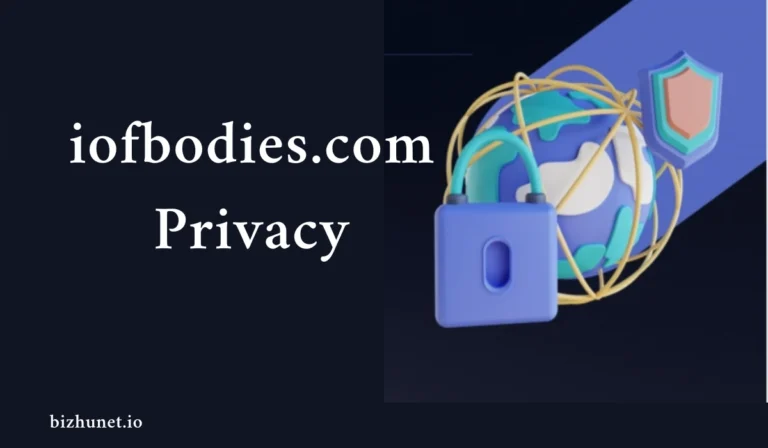Why Lifelong Learning Is Essential for Career Growth in 2025
The workplace is changing faster than ever. New technologies, evolving industries, and shifting job markets mean that what we learned in school may not be enough to keep us competitive. In 2025, lifelong learning has become more than just a buzzword—it’s a necessity. Whether you’re an entry-level employee or a seasoned professional, continuing to learn helps you stay relevant, build confidence, and open doors to new opportunities.
The Growing Importance of Lifelong Learning
Employers today value adaptability and up-to-date skills. As automation, artificial intelligence, and remote work reshape the workforce, traditional job descriptions are disappearing. Professionals who commit to lifelong learning are better positioned to transition into new roles, handle complex challenges, and thrive in unpredictable environments. This commitment is not just about gaining knowledge; it’s about building resilience and staying future-ready.
Making Learning Manageable in a Busy Life
One of the main challenges professionals face is balancing work, family, and education. Many people struggle to find time to take classes or earn new certifications while keeping up with their full-time jobs. Some even choose to pay someone to do my online class through Myassignmenthelp.com to manage their workload while still achieving their learning goals. This approach allows professionals to focus on applying new skills in their careers without feeling overwhelmed by tight schedules.
Online Learning as a Gateway to Growth
Digital platforms have made education more accessible than ever before. From short micro-credentials to full degree programs, online learning options provide flexibility and convenience. You can learn a new programming language, improve your leadership skills, or complete a professional certification from your own home. This flexibility empowers professionals in 2025 to customize their learning journey based on their interests and career aspirations.
Lifelong Learning Builds More Than Just Skills
Continual education doesn’t just improve your résumé; it boosts your confidence and critical thinking abilities. When you learn something new, you sharpen problem-solving skills, broaden your perspective, and become more innovative in your work. These qualities are especially attractive to employers who are looking for team members who can lead and adapt in a fast-moving environment.
Networking and Community Benefits
Enrolling in courses, workshops, or seminars also connects you with other like-minded professionals. These networks can lead to mentorship opportunities, collaborations, and even job offers. By engaging with others in your field or related industries, you expand your reach and discover new ways to grow professionally. In 2025, building a strong professional network is just as important as earning new credentials.
Staying Competitive in a Changing World
Companies today invest heavily in employees who demonstrate a commitment to growth. If you consistently learn and develop new skills, you’re more likely to receive promotions, raises, and leadership opportunities. Lifelong learners also tend to be more innovative, which helps them stand out during hiring and internal evaluations. In an era where job security is uncertain, continued education offers a competitive edge.
How to Make Lifelong Learning a Habit
To succeed, set clear goals for your learning journey. Start with small, achievable targets, like completing one course or attending a webinar each month. Take advantage of online resources, professional associations, and workplace training programs. Track your progress and celebrate your milestones to stay motivated. By treating education as an ongoing process rather than a one-time event, you make learning a natural part of your career path.
Conclusion
Lifelong learning is no longer optional; it’s essential for career growth in 2025. With industries evolving and new skills emerging every day, professionals who invest in continuous education position themselves for success. By leveraging flexible learning options, balancing commitments, and embracing new opportunities, you can build a career that thrives in the future. Start today—your future self will thank you.






